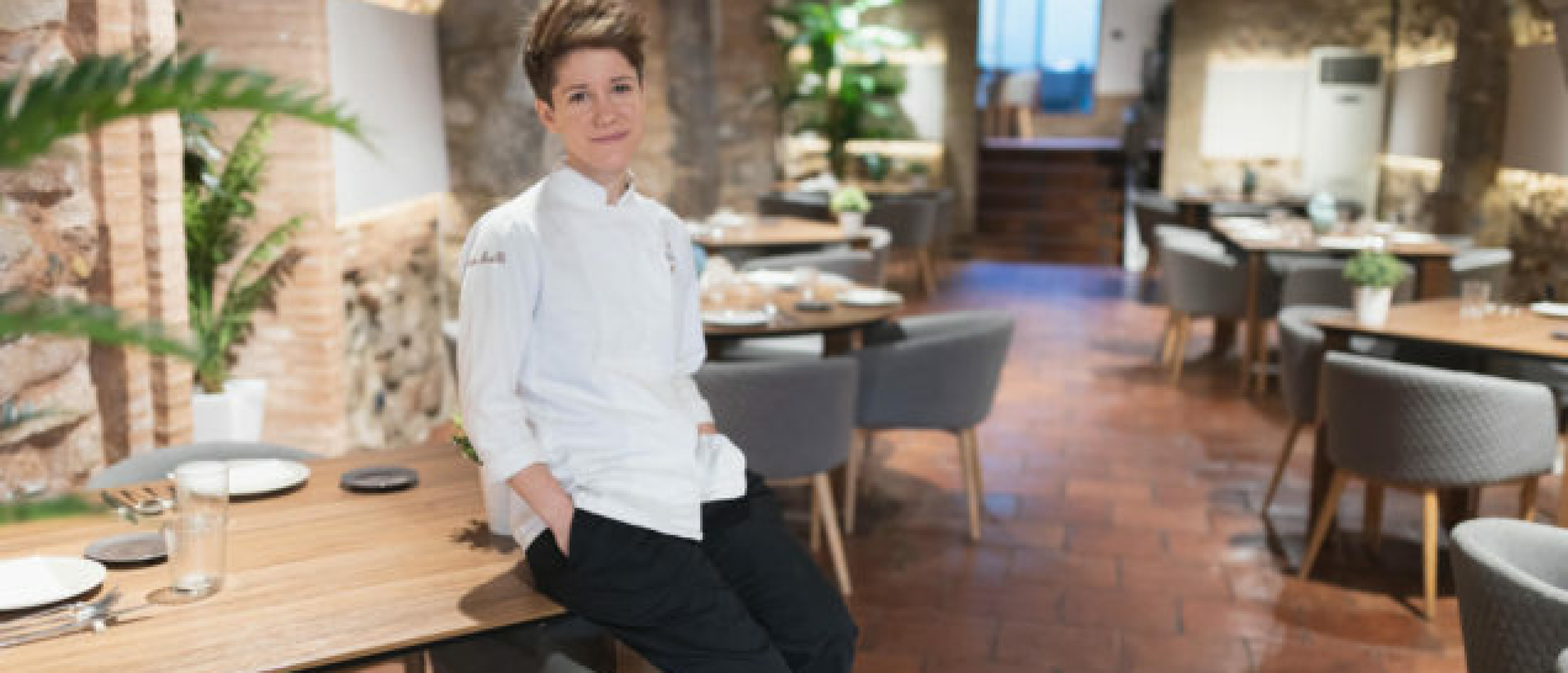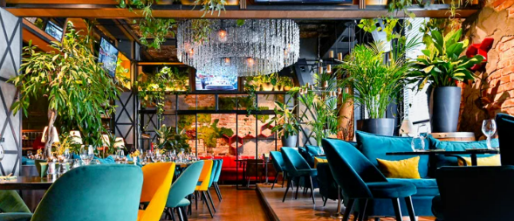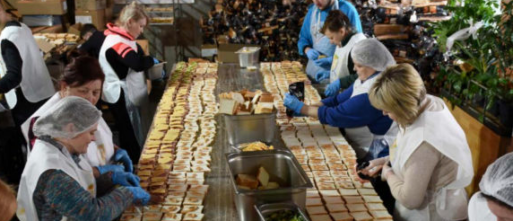The youngest Spanish female chef to be awarded a Michelin star has a had a dizzying ascent since taking up cooking as a teenager, as she tells Tina Nielsen
The first things that jump out to anyone who comes across Spanish chef Victoria Sevilla on the internet is that she is young and a woman. Those are the words that most come up.
At least they were until she was awarded a Michelin star for the 2022 Guide to Spain and Portugal. Among the stars revealed this year were six new entrants for the region of Valencia – the most awarded to any part of Spain – and Arrels, the restaurant that Sevilla opened in 2017 was in that group. She is the youngest Spanish female chef to be awarded a star, something the press has not been slow to pick up on.
“I don’t mind that my age is highlighted as long as people value me for the chef that I am and not my age,” she says. “Before the award I was the young promise; it took for Michelin to give me a star for them to stop calling me the young promise.”
A rapid rise
Sevilla started cooking by chance when she went on holiday to the island of Formentera as a 17-year-old, unsure of her path ahead and with little direction. She enjoyed the island so much that she decided to stay, taking a job in a restaurant kitchen to sustain herself financially.
“I could have got a job cleaning hotel rooms or waitressing, but I ended up in the kitchen and I just fell in love with cooking and I worked as hard as I could,” she recalls.
On her return from Formentera she decided to go to catering college and then started her journey of training and learning in Valencia restaurants, including La Salita and Saiti.
“I worked in some well known restaurants with Michelin stars and learnt a lot,” she says. As important was the time spent travelling and visiting different restaurants: “It is crucial to eat a lot,” she says. “That’s the way to develop your palate.”
Learning on the go
After some time, she needed a new challenge. “I thought about moving to London or Paris, but my partner told me I should open my own place,” she says. “I said to her, ‘are you crazy, how will I open my own restaurant?’, but that’s what I did.”
Arrels opened in 2017; it was a challenging experience. “Catering college teaches you a bit about managing but not a lot; there’s a lot to learn as you go,” she says.
Adding to that, Sevilla opened in a small town with no real gastronomic pull. She’d wanted to open in her home village Quart de le Valls but finding a site was hard. In Sagunto, however, she managed to find a 16th century building to house her first restaurant.
It was a tough journey. “In the first year I didn’t lose money, but I didn’t make a lot either,” she says.
She had one person working alongside her – some evenings they’d have four or six diners and then weekends she’d be cooking for 40 people when the ideal occupancy is 20 diners. “It was chaotic; in the week we would be so quiet and then an avalanche on the weekends, but we had to accommodate them to make the numbers work for us,” she says. “Of course, I wanted to do a good job, but I needed to keep the business going.”
Turning points
The first break came four months after opening when a critic from a regional newspaper came to review Arrels. “He called me afterwards to say he wanted to nominate me for the award for best young promise in restaurants,” she says. “He also told me had eaten very well at my restaurant but gave me some constructive feedback that I could work with.”
She ended up winning the award and was suddently on the gastronomic map of Valencia. The restaurant was filling up more frequenltly and next the Michelin Guide awarded a Bib Gourmand, given to resaturants for serving great food a good value. Gastronomy Congress Madrid Fusión nominated her as breakthrough chef of the year and now the first star.
“They have all been turning points that today allow me to fill my restaurant,” she says. In fact, Arrels is now booked months in advance.
Culinary variety in Valencia
On Valencia being the region with the most new Michelin stars she says this is an interesting time for her home region. “We are going through an exciting moment gastronomically. There are a lot of young people who have grown up in the big restaurants and this is a good place to start your own restaurant.”
In Valencia there is a lot of variety. “There’s a lot of richness here – you can go for the Michelin stars, but there’s Bib Gourmands; or you can enjoy a typical rice restaurant, there are good Japanese restaurants, you have everything really,” she says.
“Let’s not compare ourselves with Madrid or Barcelona, but Valencia is a large region with a lot of variety,” she says. “It is a special region.”
Tina Nielsen







